Subject
- #Sweetener
- #Zero Sugar
- #Sugar Substitute
- #Zero-Sugar Beverages
- #Erythritol
Created: 2024-02-06
Created: 2024-02-06 17:14
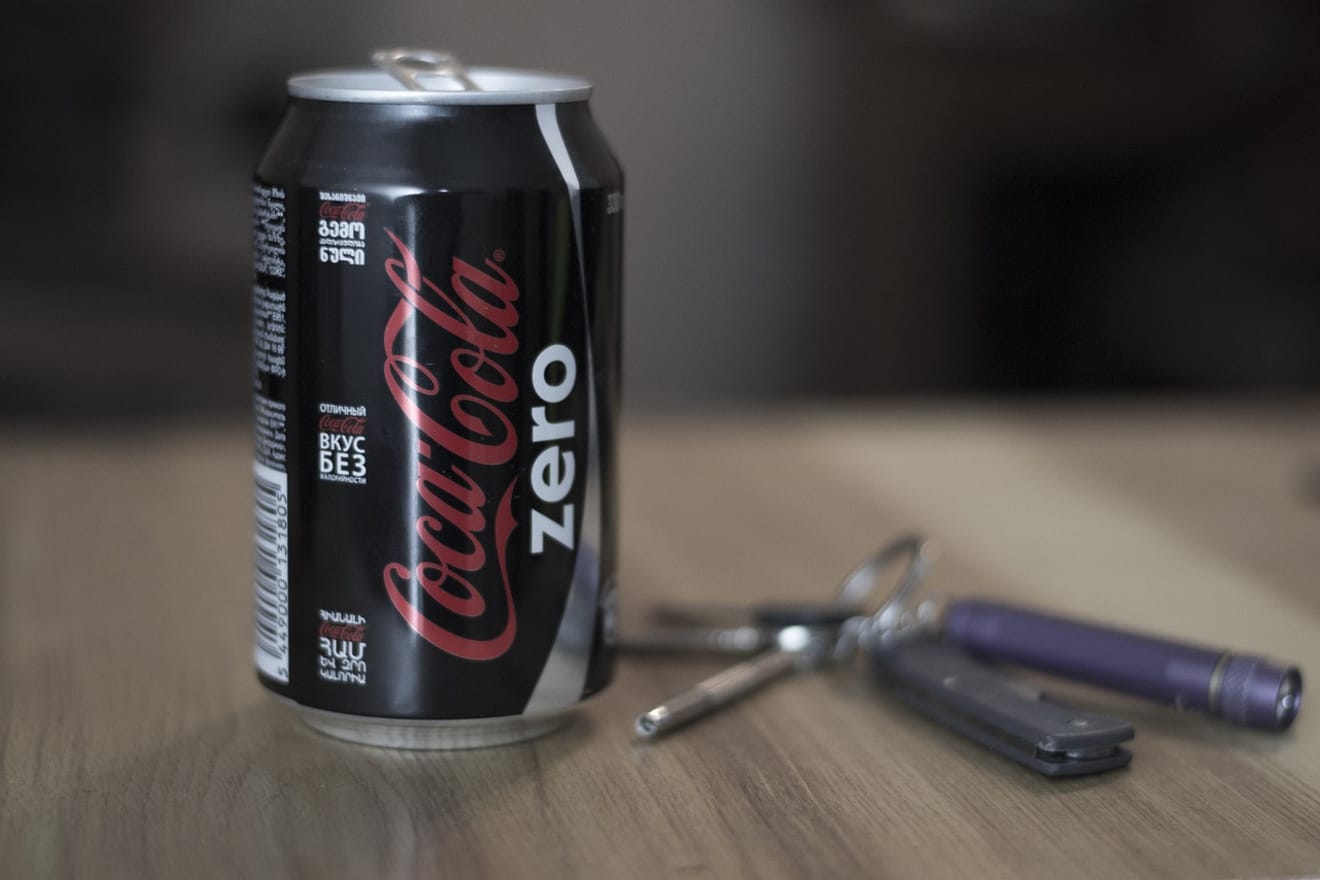
pixabay
Zero-sugar drinks that don't contain any sugar. When they first came out, I bought them out of curiosity, but now they've become part of my daily life. Not only are zero-calorie cola and zero-calorie soda commonplace, but zero-calorie beer, zero-calorie ice cream, zero-calorie snacks, zero-calorie chocolate, and zero-calorie jelly are also available. It seems like everything is being made into a zero-sugar version these days. How can zero-sugar drinks be so sweet without any sugar?
If you look at the nutrition facts label of zero-sugar products, you'll see that this ingredient is almost always present: 'Erythritol'.
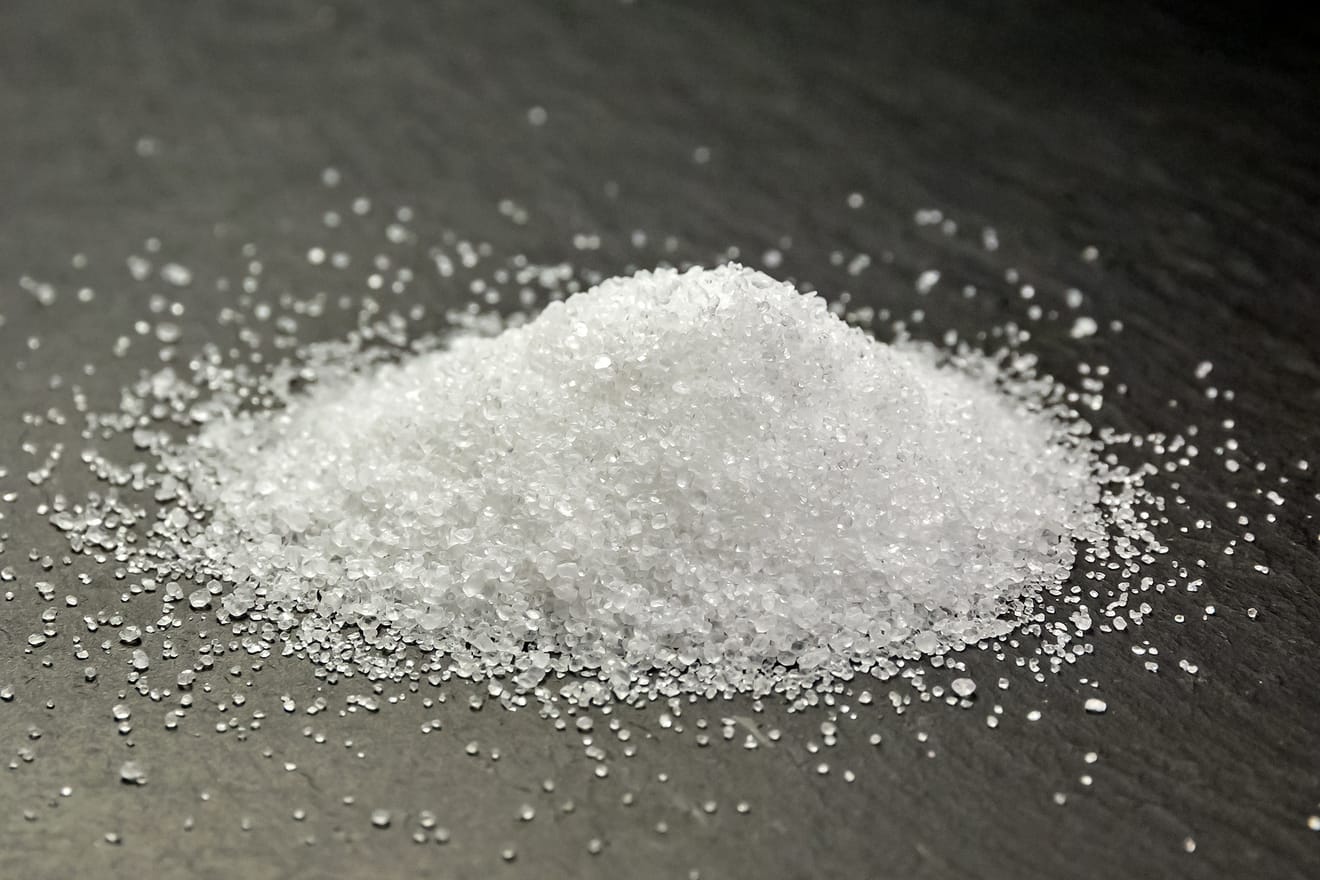
By Thomas Kniess - Own work, CC BY-SA 4.0, https://commons.wikimedia.org/w/index.php?curid=44313896
Erythritol is a naturally occurring ingredient found in fruits and fermented foods, and it's often used to sweeten zero-calorie drinks, snacks, and other products. It's virtually calorie-free, so it's typically labeled as having zero calories on food labels. Because it has such a minimal amount of calories, when absorbed into the body, it is mostly excreted in the urine. It's also said to have a similar effect to xylitol in preventing tooth decay.

pixabay
Recently, the incidence of diabetes among young people in their 20s and 30s has been rising. Unlike previous generations, today's youth have been exposed to fast food, soft drinks, and sugary snacks from a young age. They often maintain these eating habits into adulthood, continuing to consume snacks frequently. The proliferation of various franchise cafes has created an environment where people are easily exposed to sugar, and the popularity of foods high in carbohydrates like tteokbokki (spicy rice cakes), fried foods like chicken, and visually appealing desserts like tang-hul (candied fruit on a stick) have contributed to the deterioration of young people's diets, which is believed to be a cause of the increase in young diabetic patients.
Erythritol has become an alternative sweetener for these diabetic patients. Since it doesn't affect blood sugar levels, it's becoming increasingly popular as a sugar substitute. Erythritol, with no calories and no sugar, is it truly free of side effects?
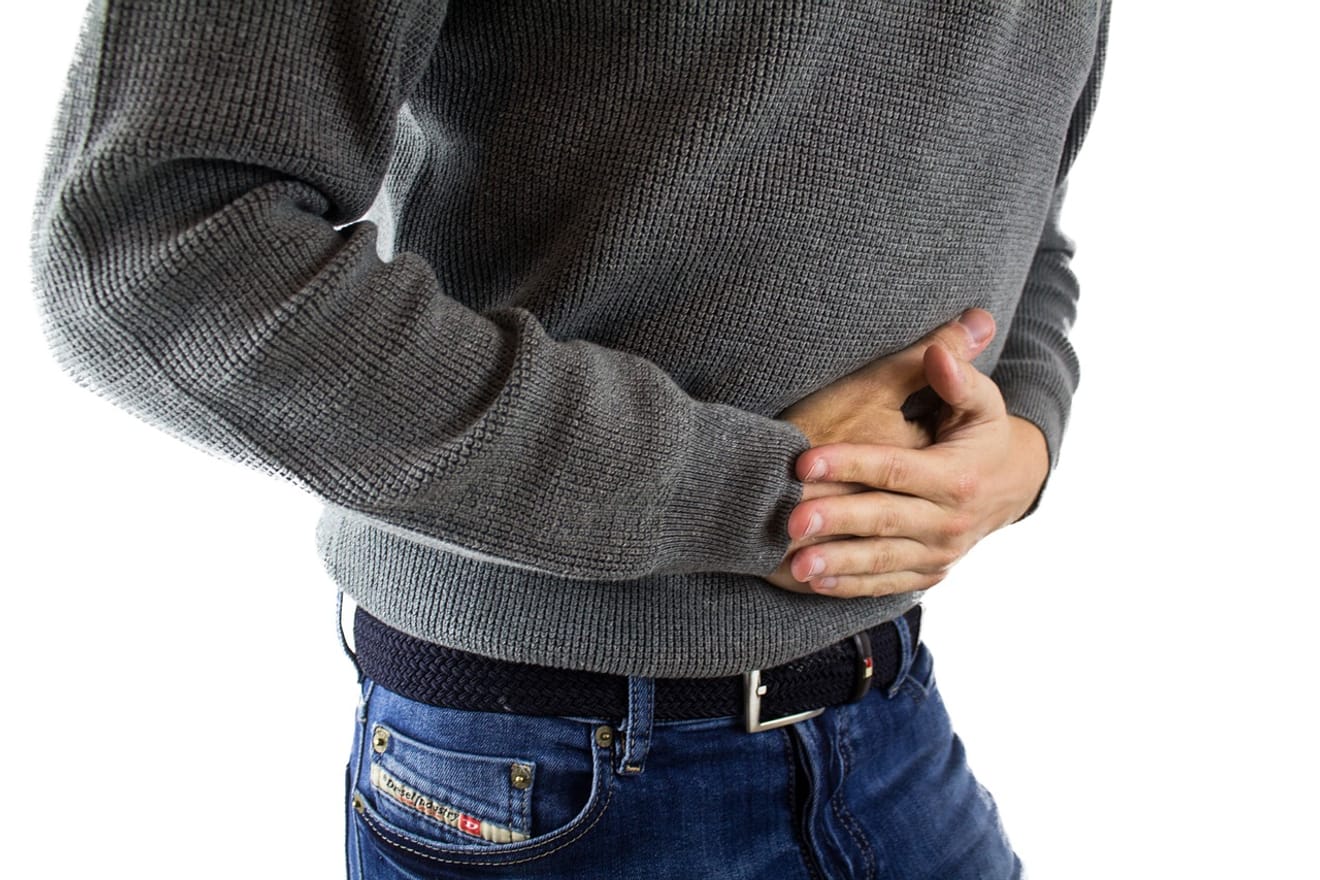
pixabay
Excessive consumption of anything can lead to side effects. Experts warn that excessive consumption of erythritol can cause abdominal bloating, diarrhea, and nausea. The threshold for excessive consumption is considered to be around 50g. Since Sprite Zero (500ml) contains about 1g of erythritol, the likelihood of exceeding the limit is almost zero unless you consume dozens of cans.
When examining the nutritional information of zero-sugar carbonated drinks, you might notice other ingredients besides erythritol. These include sucralose, aspartame, and acesulfame potassium.
Sucralose, like erythritol, is virtually calorie-free, has a tooth decay prevention effect, and doesn't affect diabetic patients. Acesulfame potassium is also used as an alternative sweetener, but it's said to be less sweet than sucralose. Both sucralose and acesulfame potassium, like erythritol, are unlikely to have any significant impact on the human body as long as they're not consumed in excessive amounts.
Aspartame is known to be the sweetest of the alternative sweeteners. Aspartame has been the subject of controversy regarding its potential to be a carcinogen. The World Health Organization (WHO) announced in 2023 that it plans to classify aspartame as a Group 2B carcinogen.
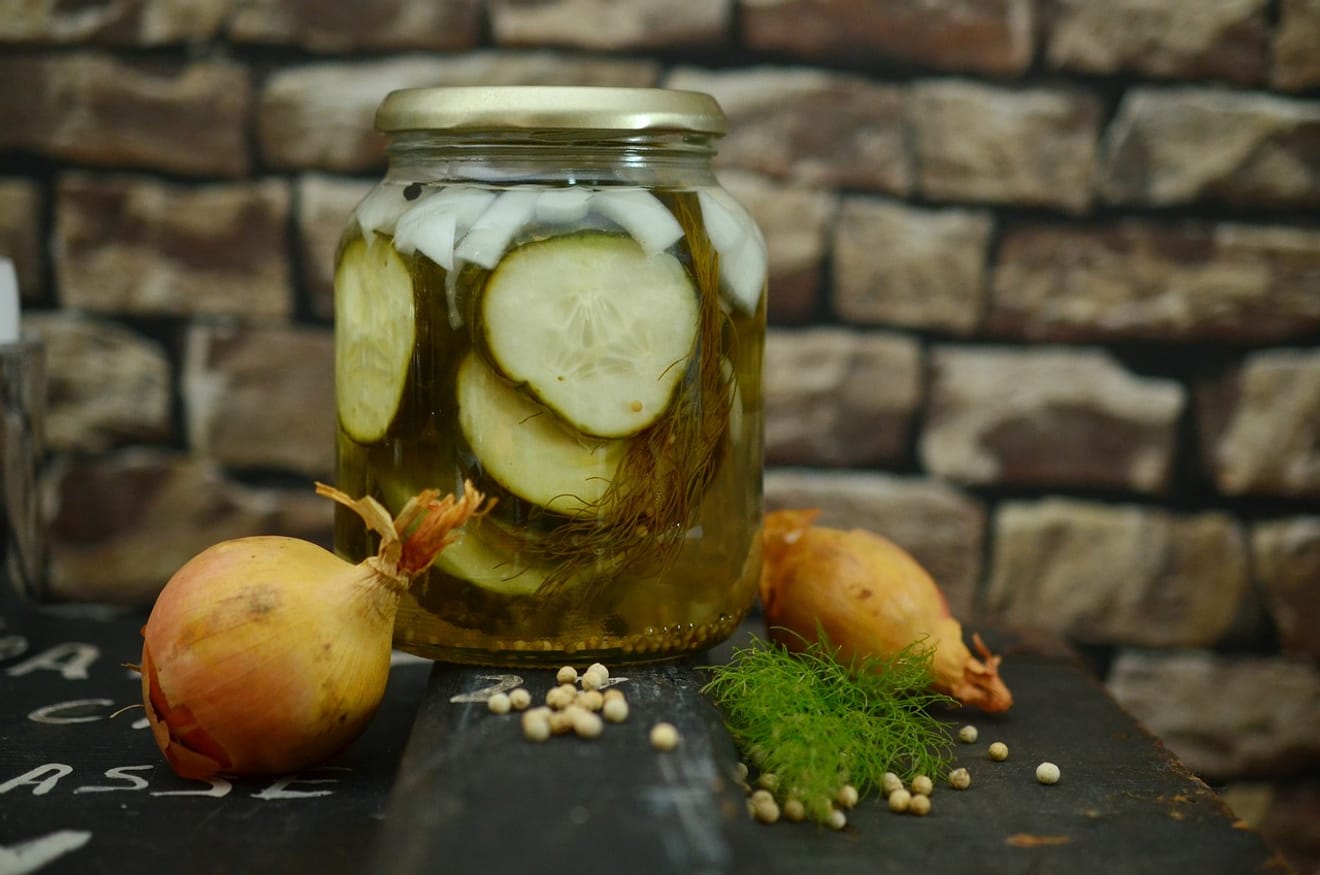
pixabay
Group 2B carcinogens are substances that are possibly carcinogenic. Fermented foods like kimchi and pickles, as well as electromagnetic fields from mobile phones, are also classified as Group 2B carcinogens. In essence, we are already exposed to Group 2B carcinogens in our daily lives. Coffee was previously classified as a Group 2B carcinogen but has since been removed from the list. While it has been classified as a carcinogen, it can be interpreted as implying that the risk is not particularly high.
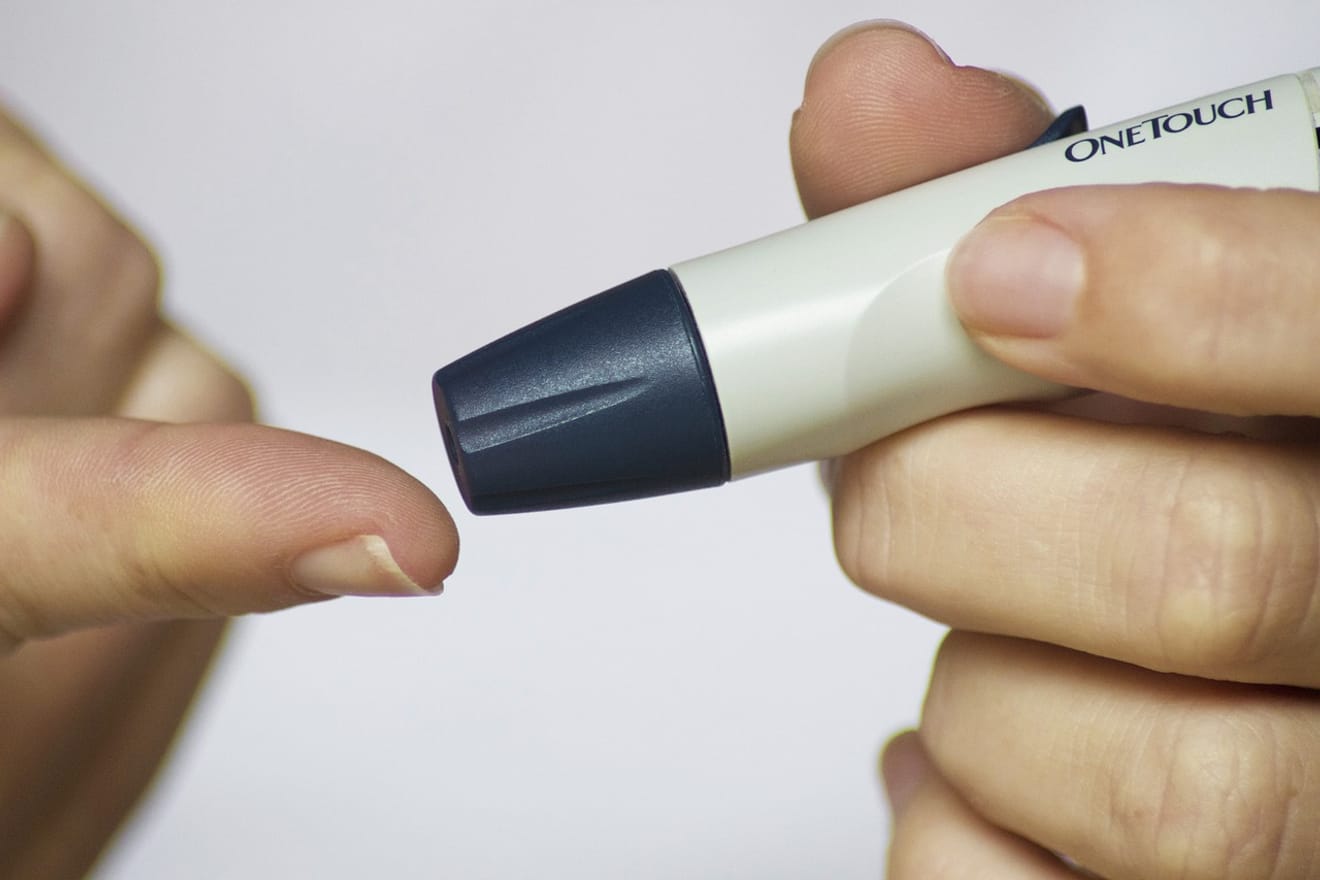
pixabay
Alternative sweeteners, a beacon of hope for diabetic patients and dieters. While their safety has been largely established, it's crucial to remember that excessive consumption can lead to adverse effects.
Comments0